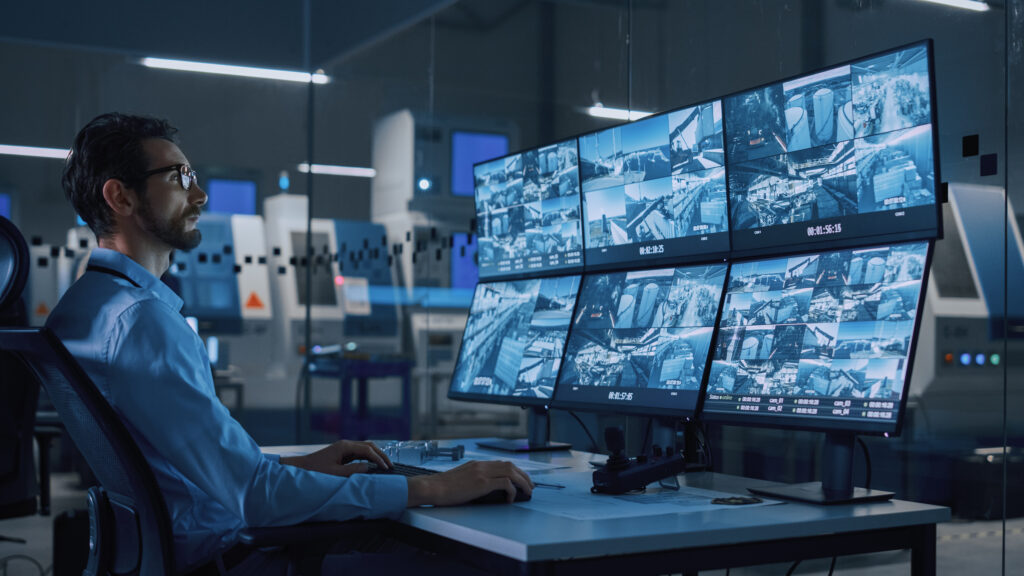Employment Law Report
NLRB General Counsel Issues Memo on Electronic Surveillance and Monitoring of Employees

By: Jordan Philley Saylor
The National Labor Relations Board’s (“NLRB” or “Board”) General Counsel, Jennifer Abruzzo, issued Memorandum 23-02[1] on October 31, 2022 regarding employers’ electronic surveillance and automated management practices in the workplace. The memo sought to address the growing trend of employers using “a diverse set of technological tools and techniques to remotely manage workforces.” Such technologies include security cameras, GPS tracking devices, keyloggers, and audio recording devices.
The memo indicates that Abruzzo plans to urge the Board to protect employees to the greatest extent possible from “intrusive or abusive” technologies through the National Labor Relations Act (“NLRA”). She believes these practices have a tendency to interfere with employees’ Section 7 rights, which protect workers’ ability to engage in concerted organizing activities. Under current law, an employer violates Section 8 of the NLRA if it institutes new monitoring technologies in response to protected activity or utilizes technologies already in place for the purpose of discovering protected activity.
In the memo, Abruzzo encourages the Board to do more to restrict employer use of technologies to monitor workers. She suggests a new framework for analyzing employer use of monitoring technologies, which would find that an employer has presumptively violated the NLRA when its surveillance and management practices, viewed as a whole, tend to interfere with or prevent a reasonable employee from engaging in protected activity. Under Abruzzo’s suggested framework, the burden rests on the employer to show that their electronic management practices are narrowly tailored to address a legitimate business need. If this burden is met, the Board will then weigh the respective interests of the employer and employee. Even if the Board finds that the employer’s needs outweigh the Section 7 rights of the employee, the Board will still require the employer to disclose to employees the technology in use, the reasons for its use, and how it uses the information obtained.
Abruzzo also mentioned that any NLRB action taken with regard to electronic management technologies would be done through several federal agencies, including the Federal Trade Commission (“FTC”), the Consumer Finance Protection Bureau (“CFPB”), the Department of Justice (“DOJ”), the Equal Employment Opportunity Commission (“EEOC”), and the Department of Labor (“DOL”). In fact, the NLRB General Counsel’s Office recently signed an interagency cooperation agreement with the FTC, DOJ, and DOL that is intended to facilitate information sharing and coordinated enforcement between the agencies.
Employers who currently use, or are looking to adopt, electronic management practices in light of the recent shift to remote work should be aware of how this potential new framework could affect them. The primary purpose of the employed technology may no longer be the only factor considered when ensuring compliance with the NLRA. Instead, employers need to be sure that, when viewed as a whole, the monitoring technologies they use are not interfering with employees’ rights under the Section 7 of the NLRA. Furthermore, employers should work to ensure that their electronic monitoring practices are narrowly tailored to effectuate their legitimate business needs and minimize the impact that the monitoring may have on employees’ rights.
[1] https://www.nlrb.gov/news-outreach/news-story/nlrb-general-counsel-issues-memo-on-unlawful-electronic-surveillance-and
